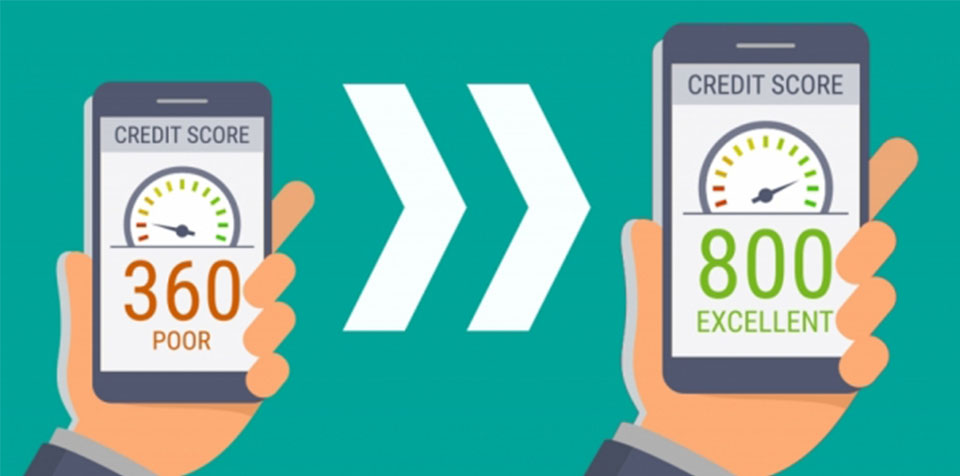In the world of credit management, understanding when and how often your credit card company reports to credit bureaus can be a key factor in managing your credit score effectively. One of the frequently asked questions in this regard is, “when does Capital One report to credit bureaus?” Here, we delve into the details to provide you with a comprehensive insight into the reporting policies of Capital One, a leading financial services company.
When Does Capital One Report?

Capital One, like many other financial institutions, typically reports your credit activity to the three main credit bureaus: Equifax, Experian, and TransUnion. Now, answering the hot question of the day – “when does Capital One report to the credit bureaus?”
Although the exact schedule can vary, Capital One generally reports to the credit bureaus once a month. This reporting usually occurs on your statement closing date or within a few days after that. It’s crucial to note that this process is a routine practice carried out by Capital One to ensure an accurate reflection of your credit habits.
Why the Reporting Frequency Matters
Knowing the frequency of credit reporting can assist you in planning your expenses and payments strategically, helping to build or maintain a strong credit score. As Capital One reports regularly, keeping a tab on your account and making timely payments can foster a positive credit history.
As you ponder “when does Capital One report to credit bureaus?”, it’s equally important to manage your digital wallet wisely. Check our guide on “how to get the paper money on Cash App” to explore more functionalities.
What Information Does Capital One Report To Credit Bureaus?
Capital One, like most other lenders, reports various types of information to the credit bureaus on a regular basis, typically monthly. This information helps the bureaus to maintain accurate credit reports, which are then used to calculate credit scores. Here is a list of the common types of information that Capital One may report to the credit bureaus (Experian, TransUnion, and Equifax):
- Personal Information like name, address, social security number, and date of birth.
- Account Information
- Payment History
- Credit Utilization Ratio
- Loan Details
- Status of the Account
What Can You Do If You Think There’s an Error on Your Credit Report?
Discovering an error on your credit report can be concerning, but the good news is that you can dispute inaccuracies and correct them. Here’s a step-by-step guide on what you can do if you suspect an error on your credit report:
- Obtain your credit reports and review your credit reports carefully
- Make sure you gather supporting documents
- Contact the credit bureaus, If you find an error. or you can contact the creditor
- Maintain a record of all your correspondence with both the credit bureaus and the creditors.
- The credit bureaus generally resolve your dispute within 30 to 45 days. Follow up with both the credit bureau and the creditor.
Being aware of your transaction limits can assist you in planning your finances wisely. Learn about “Cash App’s add cash limit of $2,500” and how it can influence your financial management.
Tips to Enhance Your Credit Score with Capital One

- Timely Payments: Since you know when Capital One reports to credit bureaus, make sure to pay at least the minimum due before the statement closing date to maintain a good payment history.
- Credit Utilization Ratio: Try to keep your credit utilization ratio below 30%. It means that if you have a credit limit of $1000, try not to use more than $300 at any given time.
- Credit Line Increase: Capital One offers the option to request a credit line increase, which, if approved, can potentially improve your credit score by decreasing your credit utilization ratio.
- Credit Monitoring: Utilize Capital One’s CreditWise tool to monitor your credit score regularly and understand the factors influencing it.
- Change Password: While managing your credit score, ensuring the security of your financial apps is crucial. Learn “how to change your Cash App password” to safeguard your information effectively.
Frequently Asked Questions (FAQs)
Q1. Why is it important to know when Capital One reports to credit bureaus?
Understanding the reporting schedule can help you manage your credit score effectively by planning payments and maintaining a low credit utilization ratio.
Q2. Can I find out the exact date when Capital One will report to the credit bureaus?
Yes, you can find out the reporting date by checking your statement closing date on your monthly billing statement or by contacting Capital One customer service.
Q3. How can I improve my credit score with Capital One?
To enhance your credit score, ensure timely payments, maintain a low credit utilization ratio, and regularly monitor your credit score using tools like Capital One’s CreditWise.
Q4. Does Capital One offer tools to help monitor and improve my credit score?
Yes, Capital One offers CreditWise, a free tool that allows you to monitor your credit score and understand the factors influencing it.
Q5. What is the credit utilization ratio and how does it affect my credit score?
The credit utilization ratio is the percentage of your credit limit that you are using. A lower ratio (below 30%) is generally perceived positively by credit bureaus, potentially improving your credit score.
Conclusion
Understanding “when does Capital One report to credit bureaus?” can serve as a cornerstone in strategizing your financial plans. Keeping abreast of your reporting dates and maintaining healthy credit habits can pave the way for a robust credit score. Remember, Capital One is committed to supporting your financial journey. Keep a diligent eye on your account activities and make the most out of the services offered by Capital One.
Author Profile
- Elizabeth Jones is one of our editorial team’s leading authors on credit card offers, services & more. With over two decades of experience in the consumer credit industry and as a nationally recognized credit expert, Elizabeth provides in-depth analysis of both traditional & alternative forms of credit. Elizabeth regularly appears on many major media outlets including NBC Nightly News, Fox Business Network, CNBC & Yahoo! Finance. She is also a frequent contributor to Forbes Magazine. As a highly appreciated author for our exclusive Editorial Team, Elizabeth strives to provide readers with a trustworthy advice on how to manage their credit accounts while staying informed on the latest offers in the marketplace.
Latest entries
 BlogJuly 8, 2024Why is Your Cash App Not Working? Solutions Revealed!
BlogJuly 8, 2024Why is Your Cash App Not Working? Solutions Revealed! BlogSeptember 26, 2023How to Block Payments on Cash App: A Comprehensive Guide
BlogSeptember 26, 2023How to Block Payments on Cash App: A Comprehensive Guide BlogSeptember 21, 2023How to Add Money to Apple Pay: A Comprehensive Guide
BlogSeptember 21, 2023How to Add Money to Apple Pay: A Comprehensive Guide BlogSeptember 20, 2023PayPal Gift Cards: Everything You Need to Know
BlogSeptember 20, 2023PayPal Gift Cards: Everything You Need to Know

